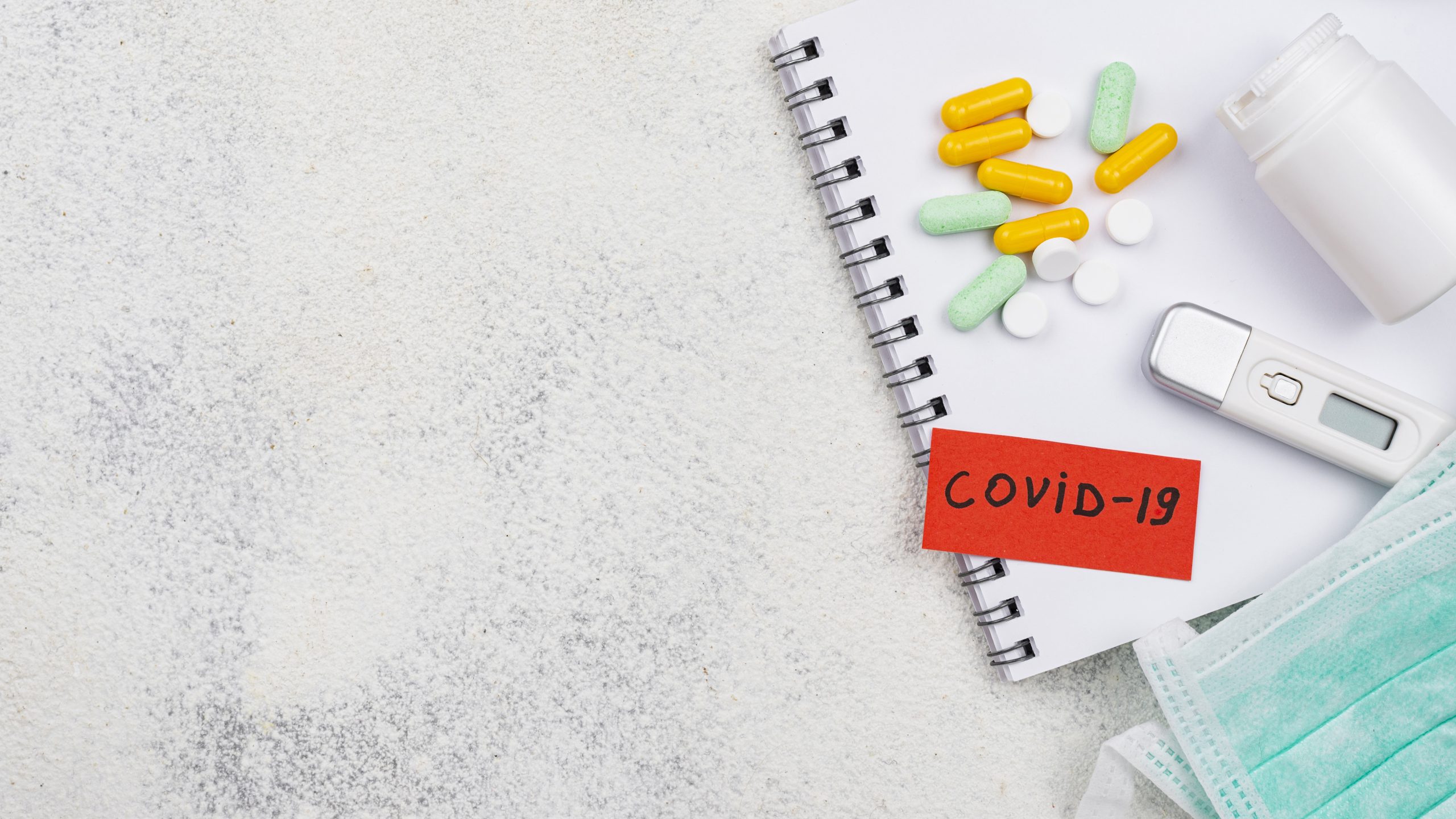A recent study conducted by Duke Health in North Carolina suggests that probiotics could provide a level of protection against COVID-19 for those who are not vaccinated. The study, published in the journal Clinical Nutrition, was a randomized, placebo-controlled trial that showed probiotics significantly delayed COVID-19 infections and reduced symptoms in unvaccinated individuals exposed to the virus in their households.
Dr. Paul Wischmeyer, the study’s co-lead, stated that the lactobacillus probiotic they studied reduced the likelihood of acquiring COVID-19 by 50% and also reduced COVID-19 symptoms by 50% in participants who did not have symptoms when they started taking the probiotic. This effect was observed across all age groups, including children and adults.
The study, which began in March 2020 before vaccines were widely available, involved 182 unvaccinated participants who had recently been exposed to someone in their household who tested positive for COVID-19 but had not experienced any symptoms themselves. Half of the participants received a lactobacillus probiotic, while the other half received a placebo. The probiotic used in the study was Culturelle, which is readily available over-the-counter.
Participants who took the probiotic were about half as likely to develop COVID-19 symptoms or contract the virus compared to those who received the placebo. While the researchers do not recommend skipping COVID-19 vaccines, they suggest that probiotics could provide an additional layer of protection.
Probiotics are live bacteria and yeasts that are beneficial to the digestive system. They contribute to gut health and can be consumed through fermented foods like yogurt, kefir, and kimchi, as well as supplements. Probiotics have been shown to increase the production of regulatory T-cells, reduce inflammation, protect the lungs against infection, and express antiviral genes that combat the COVID-19 virus.
Dr. Brett Osborn, a neurologist and longevity expert, noted that probiotics’ anti-inflammatory properties align with the need to reduce inflammation in COVID-19 patients, potentially leading to less severe disease outcomes and reduced tissue damage.
While the study had limitations due to its small sample size, the researchers believe that probiotics could be valuable in fighting not only COVID-19 but also other respiratory infections. They suggest that taking a daily probiotic could reduce the risk of getting COVID-19 and experiencing severe symptoms, as well as the risk of other respiratory infections like influenza and RSV.
It’s important to consult with a doctor before starting a probiotic regimen, especially if you are taking immunosuppressive medications. However, for the majority of people, taking a daily probiotic could be a simple and safe way to potentially reduce the risk of respiratory illnesses like COVID-19.
As COVID-19 cases and hospitalizations continue to rise, especially with the emergence of new variants, exploring additional measures like probiotics could be beneficial in protecting public health.


